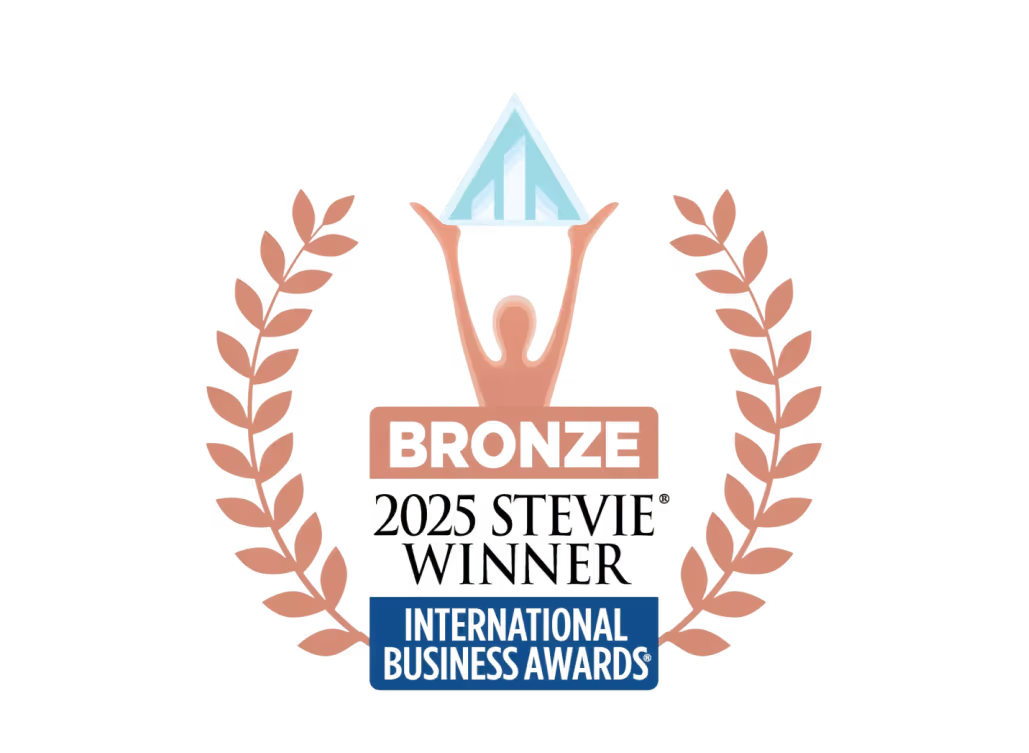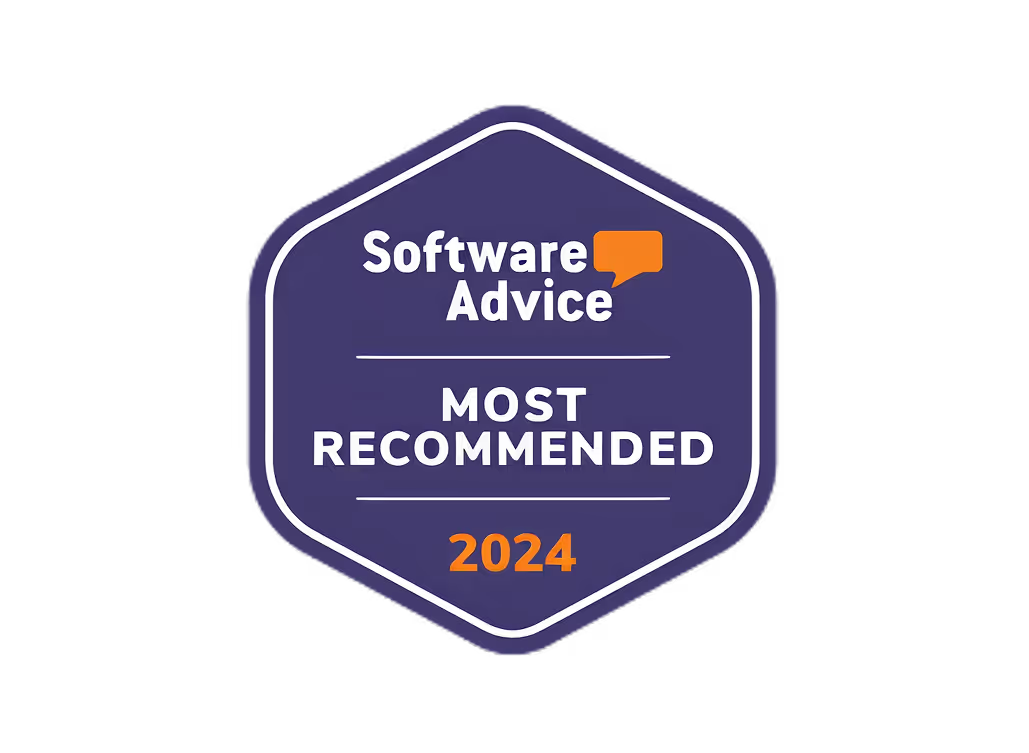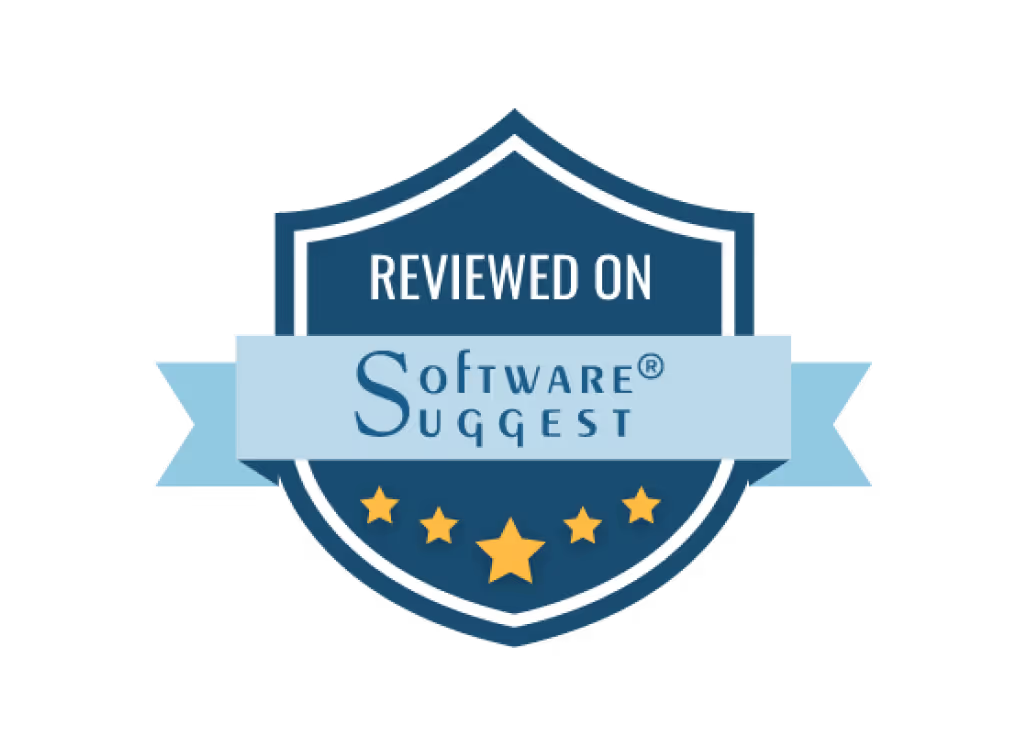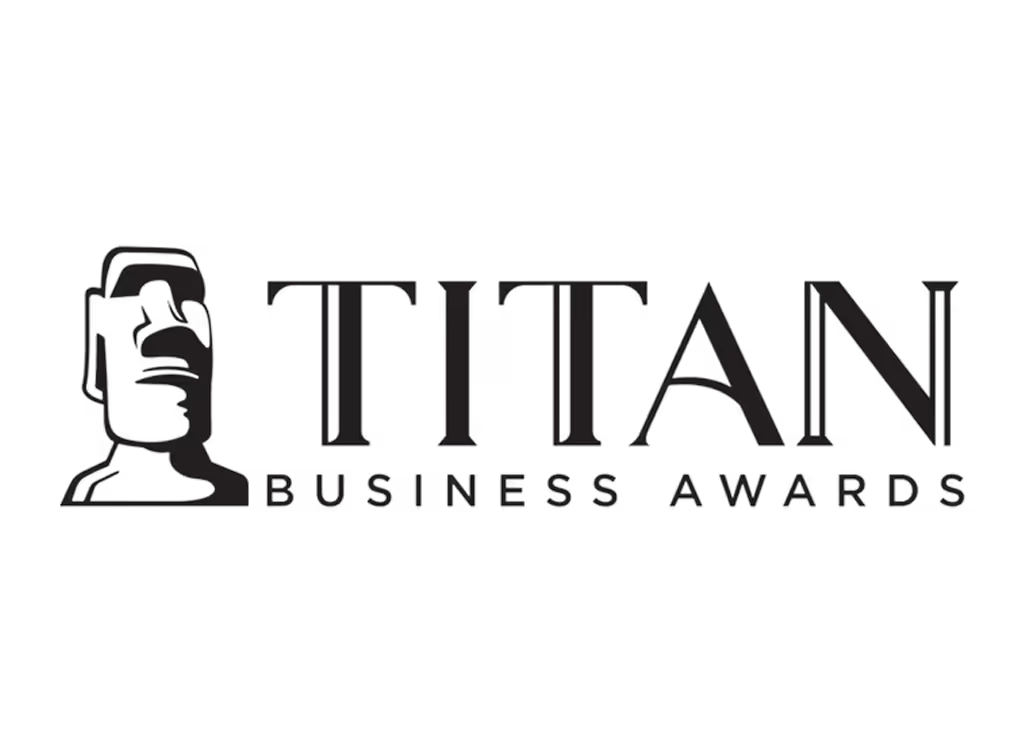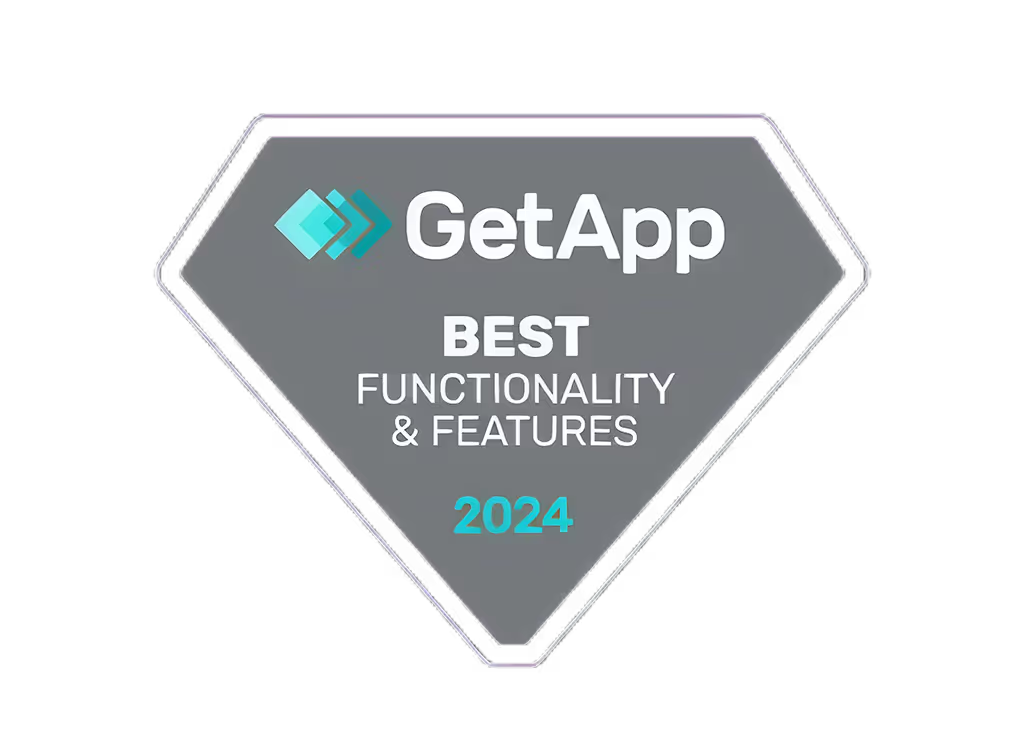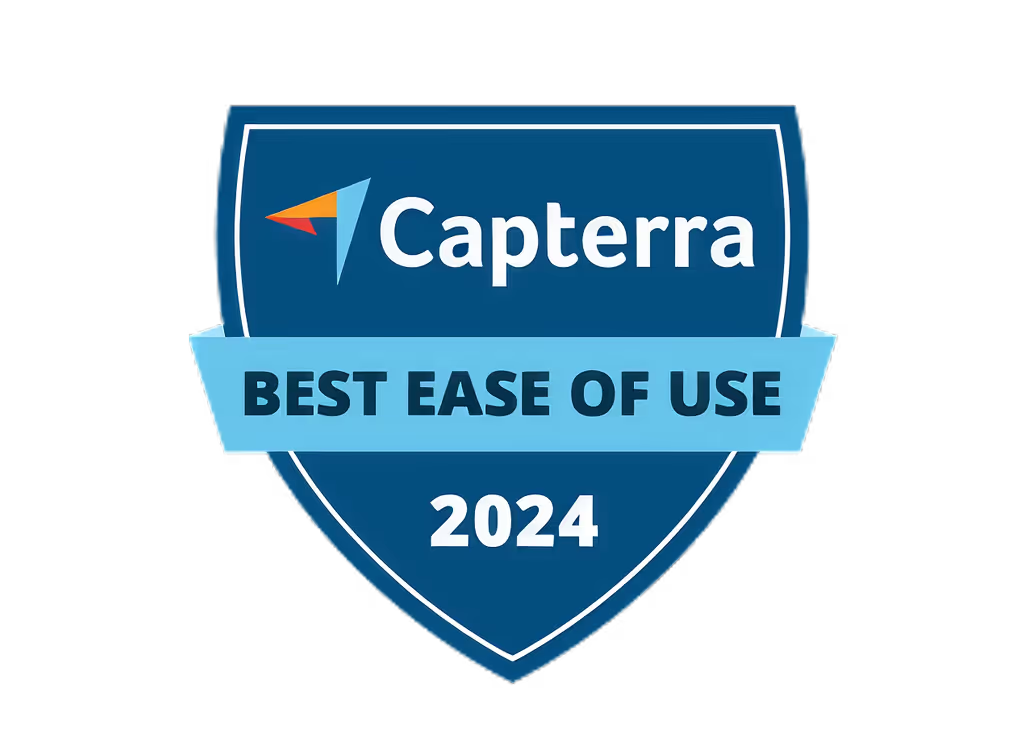Finding the Right B2B PPC Agency: A 2025 Guide

Finding the right b2b ppc agency can feel like a puzzle. You want someone who gets your business, knows the ins and outs of paid ads, and can actually show you results. It's not just about throwing money at ads; it's about smart spending that brings in real customers. This guide is here to help you figure out what to look for, so you don't end up with an agency that talks a big game but doesn't deliver.
Key Takeaways
- Look for a b2b ppc agency with a solid history in your specific industry. They should know your audience and what messaging works.
- Make sure they’re good with numbers. They need to track what’s working and what’s not, and explain it clearly, focusing on actual business wins, not just clicks.
- A good agency will have a clear plan for how they work and what tools they use. Their approach should match what you want to achieve.
- Don’t settle for vague reports. You need transparency about where your money is going and what results it’s producing.
- The best b2b ppc agency will focus on making your ad spend work hard, using smart keyword choices and well-designed landing pages to get you the best return.
Understanding Agency Expertise For B2B PPC Success
Assessing Industry-Specific Experience
When you're looking for a B2B PPC agency, it's really important they get your world. Selling complex software to IT departments is a whole different ballgame than selling widgets to consumers. An agency that's spent time in your industry already knows the lingo, understands the typical buyer's journey, and knows who the real decision-makers are. They won't waste time learning the basics. They'll know that B2B sales cycles can be long, involving multiple people, and that your ads need to speak to engineers, procurement managers, or whoever else is involved. Asking if they've worked with companies similar to yours, or in related sectors, is a good start. Better yet, ask them about their experience with your specific type of product or service and how they approach marketing it.
- Do they understand your average sales cycle length?
- Can they explain how they market niche products or services?
- Are they comfortable targeting multiple buyer personas within a single campaign?
Without this background, you risk campaigns that attract the wrong kind of attention, leading to wasted ad spend and a lot of unqualified leads. It's like trying to explain quantum physics to someone who's only ever read comic books – it's just not going to click.
Evaluating Platform and Website Acumen
Beyond just knowing your industry, a good agency needs to be sharp with the tools of the trade. This means they're not just dabbling in Google Ads; they're masters of various platforms where your B2B audience hangs out. Think LinkedIn Ads for professional targeting, maybe even some niche industry forums or specific search engines. They should also know how to make your website work with your PPC campaigns. That means understanding landing pages, conversion tracking, and how to guide a visitor from clicking an ad to becoming a lead. It’s not enough to just drive traffic; the agency needs to ensure that traffic converts.
Here’s a quick look at what to check:
Recognizing Hindsight and PPC Acumen
Past performance is often a good indicator of future results. You want an agency that can show you what they've done before, especially for clients like you. Look for case studies that go beyond just saying "we got more clicks." Ask for specifics: Did they reduce the cost per lead? Did they increase the number of qualified demo requests? Did they improve the conversion rate from marketing-qualified lead (MQL) to sales-qualified lead (SQL)? Seeing concrete numbers, ideally from recent campaigns (think 2023 or later), gives you a much clearer picture of their capabilities. It shows they've learned from past campaigns and can apply that knowledge to yours, avoiding common pitfalls and optimizing for real business outcomes.
Key Factors In Selecting A B2B PPC Agency
So, you're looking for a B2B PPC agency. It's not like picking a new coffee shop; this is a big decision that can really impact your business's growth. You want to make sure you're partnering with the right folks. Let's break down what really matters.
Industry Expertise and Proven Track Record
This is a big one. You don't want an agency that's just learning your industry on your dime. Look for a team that already gets it. They should have a history of getting good results for businesses similar to yours. Ask for case studies – not just vague promises, but actual numbers. Did they boost leads? Cut down on wasted ad spend? A proven track record in your specific sector is non-negotiable. It means they understand the nuances, the language your customers use, and where to find them online. It's about more than just knowing how to run ads; it's about knowing how to run ads that actually work for your kind of business.
Advanced Analytics and Reporting Capabilities
Anyone can show you clicks and impressions. But what do those numbers actually mean for your business? You need an agency that can dig into the data and show you how your ad spend is translating into actual sales or qualified leads. They should be able to explain complex data in a way that makes sense to you. Think about what you want to achieve:
- Lead generation targets
- Customer acquisition cost (CAC)
- Return on ad spend (ROAS)
- Pipeline value influenced by PPC
If they can't clearly connect their PPC efforts to these kinds of business outcomes, they might be focusing on the wrong things. You want to see reports that tell a story about growth, not just activity. This is where understanding the Predictable Growth Model can be helpful in framing your expectations.
Customized Digital Strategy and Solutions
Forget one-size-fits-all. Your business is unique, and your PPC strategy should be too. A good agency won't just plug you into a generic template. They'll take the time to understand your specific goals, your target audience, and your competitive landscape. Then, they'll build a plan tailored to you. This might involve different platforms, unique ad copy, or specific targeting methods. They should be able to explain why they're recommending a particular approach. It's about smart strategy, not just throwing money at ads and hoping for the best.
Transparent Communication and Collaboration
This is about building a partnership. You should feel like you're in the loop, not left in the dark. How often will you communicate? What's the process for approvals? Who is your main point of contact? An agency that's open about their process, their challenges, and their successes builds trust. They should be willing to explain their decisions and listen to your feedback. It's a two-way street. You're entrusting them with a significant part of your marketing budget, and that requires a high level of openness and teamwork.
Choosing the right agency means finding a team that not only understands PPC but also understands your business goals and communicates clearly throughout the process. It's about building a relationship based on trust and shared objectives, leading to better campaign performance and a stronger return on your investment.
Evaluating An Agency's Strategic Approach
When you're looking for a B2B PPC agency, it's not just about what they say they can do, but how they plan to do it. Their strategic approach is the blueprint for how they'll turn your ad spend into actual business results. This means looking beyond buzzwords and understanding their actual process.
Understanding Their Service Methodology
How does the agency actually work? Do they have a repeatable process for setting up, managing, and optimizing campaigns? A good agency will have a clear methodology that they can explain to you. This isn't just about running ads; it's about understanding your business goals and translating them into a PPC plan. They should be able to tell you how they research your market, identify target audiences, and select the right keywords. It's also important to know if they adapt their approach based on your specific industry and business needs, or if they use a one-size-fits-all method.
- Discovery Phase: How do they learn about your business, your customers, and your competitors?
- Strategy Development: What steps do they take to build a custom PPC plan?
- Campaign Execution: How do they set up and launch campaigns?
- Ongoing Management: What does their day-to-day optimization process look like?
- Reporting and Analysis: How do they track progress and communicate results?
Assessing Technology and Tool Implementation
In today's digital ad world, technology plays a huge role. The best agencies use a suite of professional tools to manage campaigns, analyze data, and gain insights. This isn't just about having the latest software; it's about how they use these tools to benefit your business. Ask them what platforms they use for:
- Keyword research and competitive analysis
- Campaign management and automation
- Performance tracking and reporting
- Audience segmentation and targeting
They should be able to explain why they choose certain tools and how these tools help them achieve better results for clients. For example, some agencies might use AI-powered bidding tools to make real-time adjustments, while others might focus on advanced analytics platforms to uncover deeper customer insights. The key is that their technology use directly supports their strategic goals and your business outcomes. When considering procurement, issuing an AI RFP can help evaluate agency capabilities and ensure the solution fits your business objectives.
Aligning Goals with Agency Approach
Ultimately, the agency's strategy needs to line up with what you want to achieve. If your main goal is to generate qualified leads for your sales team, their approach should reflect that. They shouldn't just focus on getting clicks or impressions if those clicks aren't leading to meaningful business interactions. Ask them how they measure success beyond basic metrics. For instance, how do they track the quality of leads generated? Do they work with your sales team to understand what makes a lead 'good'?
It's easy to get caught up in the technical details of PPC, but remember why you're doing it in the first place. The agency's strategy should always be tied back to your core business objectives, whether that's increasing revenue, generating more demo requests, or improving brand awareness among a specific professional audience. If their approach doesn't clearly connect to these outcomes, it's a sign that their strategy might not be the right fit for your business.
Data-Driven Performance Tracking For B2B PPC

Tying Campaign Performance to Real Outcomes
Look, anyone can run ads. The real trick is knowing if those ads are actually doing anything for your business beyond just getting clicks. For B2B, this means going way beyond simple metrics like impressions or click-through rates. We're talking about connecting what happens in your ad accounts directly to actual business results. Did that ad campaign lead to a sales-qualified lead? Did it move a prospect further down the sales funnel? This is the core of effective PPC – proving its worth by linking ad spend to tangible business goals.
Moving Beyond Vanity Metrics
It's easy to get caught up in numbers that look good but don't mean much. Impressions, for example, just mean your ad was seen. A high click-through rate (CTR) is nice, but if those clicks don't turn into anything useful, it's just wasted money. For B2B, we need to focus on metrics that reflect actual business value. Think about:
- Lead Quality: Not just the number of leads, but how likely they are to become customers.
- Cost Per Acquisition (CPA): How much does it cost to get one new customer?
- Return on Ad Spend (ROAS): For every dollar you spend on ads, how much revenue do you get back?
- Pipeline Contribution: How much revenue generated from PPC campaigns is currently in your sales pipeline?
Leveraging Data for Meaningful Insights
So, how do we actually do this? It starts with setting up your tracking correctly. This means making sure your conversion tracking is solid, and ideally, integrating your ad platforms with your CRM. This way, you can see the whole journey from someone clicking an ad to becoming a paying customer.
Here's a simplified look at how an agency might track this:
The real power comes from analyzing this data not just to see what worked, but why it worked. Was it a specific ad creative? A particular keyword? A certain audience segment? Understanding these details allows for continuous improvement, making sure your ad spend is always working as hard as possible for your business goals. It’s about making smart, informed decisions based on what the numbers are actually telling you about your customers and your campaigns.
Budgeting For Your B2B PPC Investment

Figuring out how much to spend on B2B PPC can feel like a guessing game, but it doesn't have to be. The key is to connect your spending directly to what your business actually needs to achieve. It’s not just about throwing money at ads; it’s about making smart choices that bring real results.
Balancing Business Goals with Realistic Budgets
When you're setting a budget, think about what you want to get out of your campaigns. Are you trying to get more people to sign up for a demo, or are you just looking to get your name out there more? Different goals mean different price tags. A campaign focused on getting immediate sales will likely cost more upfront than one aimed at building brand awareness over time.
- Define Clear Objectives: What exactly do you want your PPC ads to do? (e.g., generate leads, drive demo requests, increase website traffic).
- Understand Your Sales Cycle: B2B sales cycles can be long. Your budget needs to account for the time it takes to turn a click into a paying customer.
- Consider Your Target Audience: How many people are you trying to reach, and how competitive is it to get their attention?
Understanding Cost Factors in PPC
Several things influence how much you'll spend. The keywords you choose are a big one. High-demand terms that lots of businesses want to rank for will cost more per click. The quality of your ads and landing pages also plays a role; better quality can sometimes mean lower costs.
Here's a quick look at what impacts costs:
The amount you spend should always make sense for the potential return. If your goal is a quick win, a massive budget might be overkill. Conversely, if you're aiming for long-term growth, skimping too much could mean missing out on opportunities.
Planning for Optimal Budget Allocation
Once you have a budget in mind, you need to decide where that money goes. This means looking at historical data if you have it. How much did similar campaigns cost in the past? What was the conversion rate? Use that information to predict what you might need now. Also, keep an eye on what your competitors are doing. If they're spending a lot to get in front of your potential customers, you might need to adjust your own spending to keep up.
- Analyze Past Performance: Look at your previous campaign data for CPCs, conversion rates, and ROI. This gives you a baseline.
- Research Market Trends: Understand current CPCs for your industry and keywords. Are prices going up or down?
- Allocate Across Platforms: Decide how much to spend on different platforms (e.g., Google Ads, LinkedIn Ads) based on where your audience is most active and responsive.
Identifying Top B2B PPC Agency Characteristics
So, you're looking for a PPC agency that actually gets B2B, right? It's not just about throwing money at ads and hoping for the best. You need an agency that has a few key things going for them. Think of it like hiring someone for your team – you want someone who knows their stuff and can show you proof they've done it before.
Verifiable Case Studies and Client Results
This is probably the most important part. Anyone can say they're good at PPC, but can they show you? You want to see actual examples of their work, especially with businesses similar to yours. Look for case studies that detail the challenges they faced, the strategies they used, and most importantly, the results they achieved. Were costs per lead lowered? Did demo bookings increase? Did they help a client scale campaigns across different regions? The best agencies will have clear, documented success stories that tie directly back to revenue impact. Don't just settle for "increased impressions"; ask for specifics that matter to your bottom line.
Industry Certifications and Specializations
While not a golden ticket, certain certifications and specializations can be a good indicator. For instance, an agency that's a Google Premier Partner might have a deeper connection with Google's latest tools and insights. More importantly, though, is their specialization in B2B. Do they understand the longer sales cycles, the multiple decision-makers involved, and the technical nature of B2B products? An agency that has worked with industrial automation firms or B2B wholesalers, for example, will likely grasp how to speak to engineers or procurement teams using the right language. It shows they've done this before and aren't just applying a generic strategy.
Transparent Pricing and Reporting Models
Nobody likes surprises, especially when it comes to spending money. A top-tier B2B PPC agency will be upfront about their pricing structure. Are they charging a flat fee, a percentage of ad spend, or a hybrid model? Understand what's included and what's not. Equally important is their reporting. You should expect regular updates – weekly, bi-weekly, or monthly – that go beyond surface-level metrics. Look for custom dashboards that clearly show campaign performance, tying it back to your business goals. They should be able to explain what's working, what isn't, and what their next steps are. This kind of openness builds trust and makes sure you're both on the same page.
When evaluating an agency, ask them to walk you through a typical reporting cycle. This will give you a clear picture of how they communicate performance and insights, and whether their approach aligns with your need for data-driven decision-making. It's about seeing how they translate raw data into actionable strategies that drive real business outcomes, not just vanity metrics.
Here's a quick look at what to prioritize:
- Proof of Past Success: Look for case studies with quantifiable results, ideally from the last couple of years.
- B2B Focus: Do they understand your specific industry and buyer personas?
- Clear Communication: Expect regular, detailed reports and open discussions about strategy.
- Data Proficiency: They should be able to demonstrate how they use data to improve campaigns, like with keyword research.
- Transparent Costs: Understand their fee structure and what you're paying for.
Maximizing Your B2B PPC Investment Returns
So, you've put money into B2B PPC, and now you want to see that money come back, plus some. That's the whole point, right? It's not just about getting clicks; it's about getting the right clicks that turn into actual business. Making your pay-per-click campaigns work harder for you involves a few key strategies.
Strategic Keyword Selection and Optimization
Keywords are the backbone of any PPC campaign. For B2B, this means digging deeper than just what people might search for. You need to figure out what they mean when they search. Are they just browsing, or are they ready to buy? Focusing on intent-driven keywords is super important. Think about terms that show a clear need or a problem your business solves. This helps filter out casual browsers and brings in people who are more likely to become customers. It’s about finding those specific phrases that signal a buyer is on the horizon.
- Research competitor keywords: See what terms your rivals are bidding on. This can give you ideas and show you where the competition is.
- Analyze search intent: Understand if a keyword is for informational, navigational, or transactional purposes. For B2B, you often want to target transactional or high-intent informational searches.
- Use long-tail keywords: These are longer, more specific phrases. They usually have lower search volume but much higher conversion rates because they're so targeted.
Landing Page Effectiveness and A/B Testing
What happens after someone clicks your ad? If they land on a page that doesn't make sense or isn't helpful, they'll leave. That's a wasted click and wasted money. Your landing pages need to be laser-focused on the offer in your ad. They should be clear, easy to use, and have a strong call to action. Don't just set it and forget it, though. You've got to test different versions of your landing pages to see what works best. This is where A/B testing comes in.
A/B testing involves showing two different versions of a page or ad to different groups of people to see which one performs better. It’s a simple concept but incredibly powerful for figuring out what actually convinces people to take the next step.
Continuous Campaign Optimization for ROI
Running a PPC campaign isn't a one-and-done deal. The digital world changes fast, and so do your potential customers. You need to constantly look at how your campaigns are doing and make adjustments. This means checking your data regularly, seeing which ads are getting clicks and conversions, and which ones are just burning through your budget. Based on this, you tweak your bids, update your ad copy, refine your targeting, and maybe even pause underperforming ads. It's an ongoing process of improvement aimed at getting you the best possible return on your ad spend.
- Monitor performance metrics: Keep an eye on click-through rates (CTR), conversion rates, cost per conversion, and overall ROI.
- Refine ad targeting: Adjust your audience demographics, interests, and locations based on performance data.
- Update ad creative: Refresh ad copy and visuals to keep them relevant and engaging for your audience.
Wrapping It Up
So, picking the right B2B PPC agency might seem like a big deal, and honestly, it is. But it doesn't have to be a headache. We've talked about what really matters – like finding folks who actually get your industry, not just ads in general. Remember to look at how they track results, not just clicks, and make sure they're upfront about what they're doing and how much it costs. A good agency is a partner, not just a vendor. By keeping these points in mind, you’re way more likely to find someone who can actually help your business grow, instead of just burning through your budget. Good luck out there!
Frequently Asked Questions
What exactly is B2B PPC advertising?
B2B PPC, which stands for Pay-Per-Click, is a type of online advertising where businesses pay a small fee every time someone clicks on their ad. Think of it like paying for a spot in a magazine, but online. It's a smart way for companies to get their message in front of other businesses that are actively looking for what they offer, helping them find new customers quickly.
Is PPC a good idea for businesses that sell to other businesses?
Absolutely! PPC is a fantastic tool for B2B companies. It lets you show your ads to the exact types of businesses you want to reach, right when they're searching for solutions you provide. Plus, you can easily see how well your ads are doing, making it a cost-effective way to get more potential clients.
How can a business use PPC effectively?
To make PPC work best for B2B, you need to be smart about it. This means creating ads that talk directly to the specific businesses you want to attract, keeping in mind how long it usually takes for them to make a decision. It's also key to pick the right search words and group your ads so they match where a potential customer is in their buying journey.
What should I look for in a good PPC agency?
When picking an agency, look for one that really understands your specific industry and has a history of getting good results for other B2B companies. They should also be great at using data to see how your ads are performing and be clear about what they're doing and how much it costs. Good communication is super important!
How do I know if a PPC agency is actually good?
A great agency will have proof of their success, like real examples (case studies) showing how they helped other businesses. They should also be open about their pricing and provide regular reports that clearly show how your money is being spent and what results you're getting. Certifications from platforms like Google can also be a good sign.
What's the most important thing to do to get the best results from PPC?
To get the most bang for your buck with PPC, you need to be strategic. This involves picking the best search words that potential customers use, making sure your website pages are easy to use and convincing, and constantly tweaking your ads and campaigns based on what the data tells you. It's all about making your ads work harder for you.









